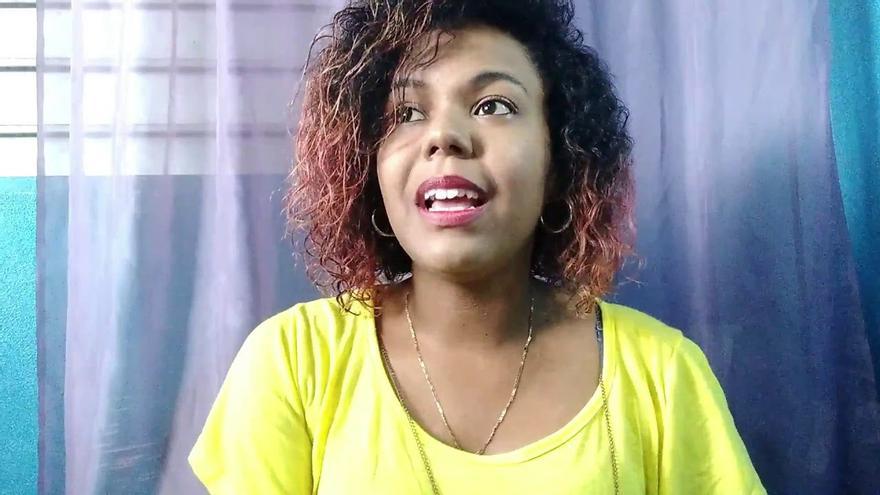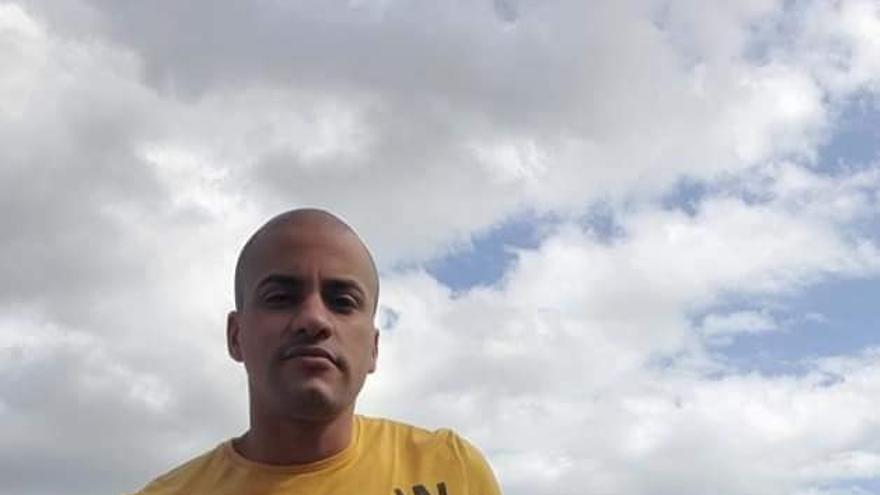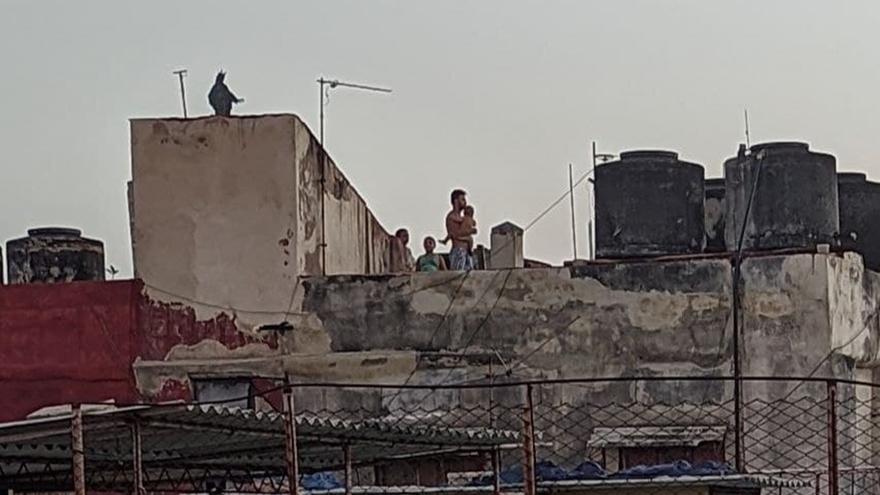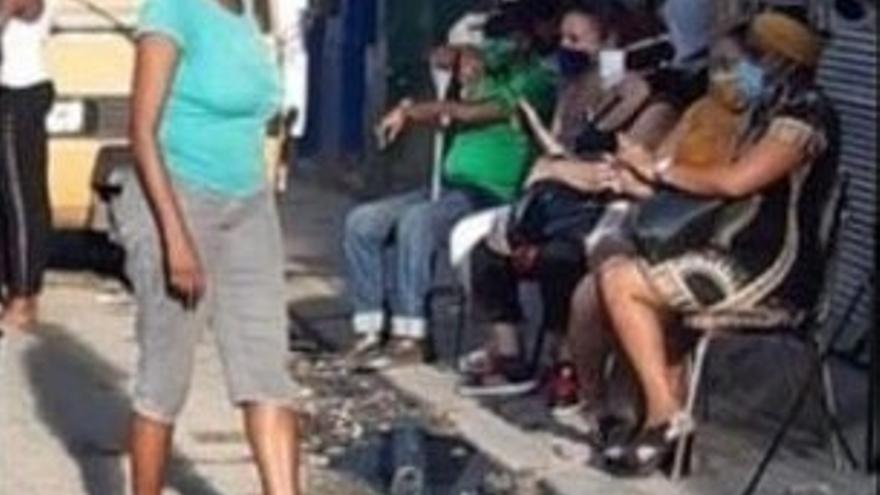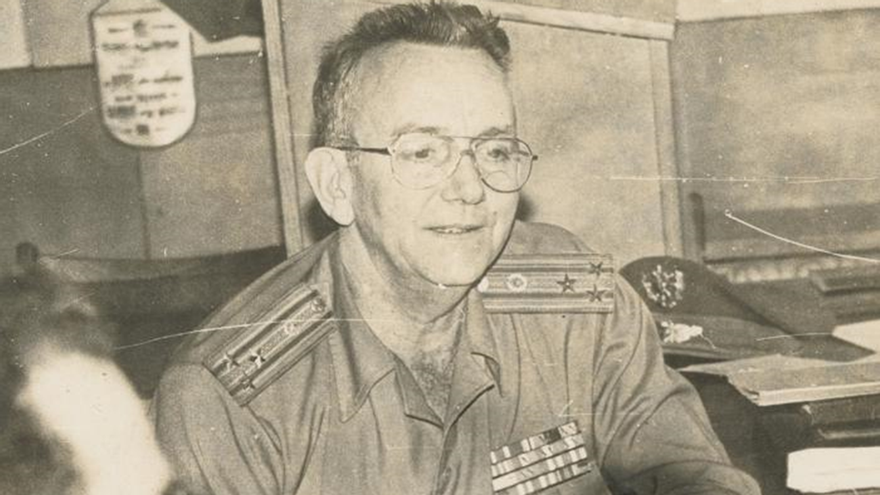
![]() 14ymedio, Havana, 11 August 2021 — Reserve Colonel Santiago Lorenzo Hernández Cáceres died this Wednesday in Havana at the age of 82. His death marks the seventh high-ranking military official that dies in Cuba in less than a month. The cause of death has not been released in in any of the cases.
14ymedio, Havana, 11 August 2021 — Reserve Colonel Santiago Lorenzo Hernández Cáceres died this Wednesday in Havana at the age of 82. His death marks the seventh high-ranking military official that dies in Cuba in less than a month. The cause of death has not been released in in any of the cases.
According to Granma (the Communist Party newspaper) Hernández was a founding member of the Communist Party of Cuba (PCC). Born in the municipality of San Juan y Martínez, in Pinar del Río province, in a family of modest farmers, and “from a very young age he carried out agricultural work.”
In 1957, he joined the “26th of July Movement,” where he successfully “carried out several missions of clandestine actions and sabotages,” noted the official newspaper.
While in the Revolutionary Armed Forces (FAR), he worked with the Communist Youth Union (UJC) and the PCC, in addition to directing the political sections of continue reading
The passing of Hernández Cáceres comes after the deaths in July of five generals who were part of the Cuban military leadership: Agustín Peña, Marcelo Verdecia Perdomo, Rubén Martínez Puente, Manuel Eduardo Lastres Pacheco and Armando Choy Rodríguez, in addition to Commander Gilberto Antonio Cardero Sanchez.
Martínez Puente died at the age of 79 and is thought to be the one who transmitted Raúl Castro’s order to fire the missiles from Cuban Air Force Mig fighters, to shoot down the Brothers To The Rescue planes in 1996, where four American civilians were murdered. The attack occurred over international waters, although the Cuban Government justified the shooting down of the small planes by claiming that the ships had entered the island’s airspace.
Verdecia Perdomo was Fidel Castro’s bodyguard in the Sierra Maestra, and Peña was the head of the Eastern Army of Cuba. Choy Rodríguez was promoted to commander in 1962, when he was head of the anti-missiles troops, Reserve Brigadier General Lastres Pacheco joined Fidel Castro’s guerrillas in 1957.
Translated by: Mailyn Salabarria
____________
COLLABORATE WITH OUR WORK: The 14ymedio team is committed to practicing serious journalism that reflects Cuba’s reality in all its depth. Thank you for joining us on this long journey. We invite you to continue supporting us by becoming a member of 14ymedio now. Together we can continue transforming journalism in Cuba.

